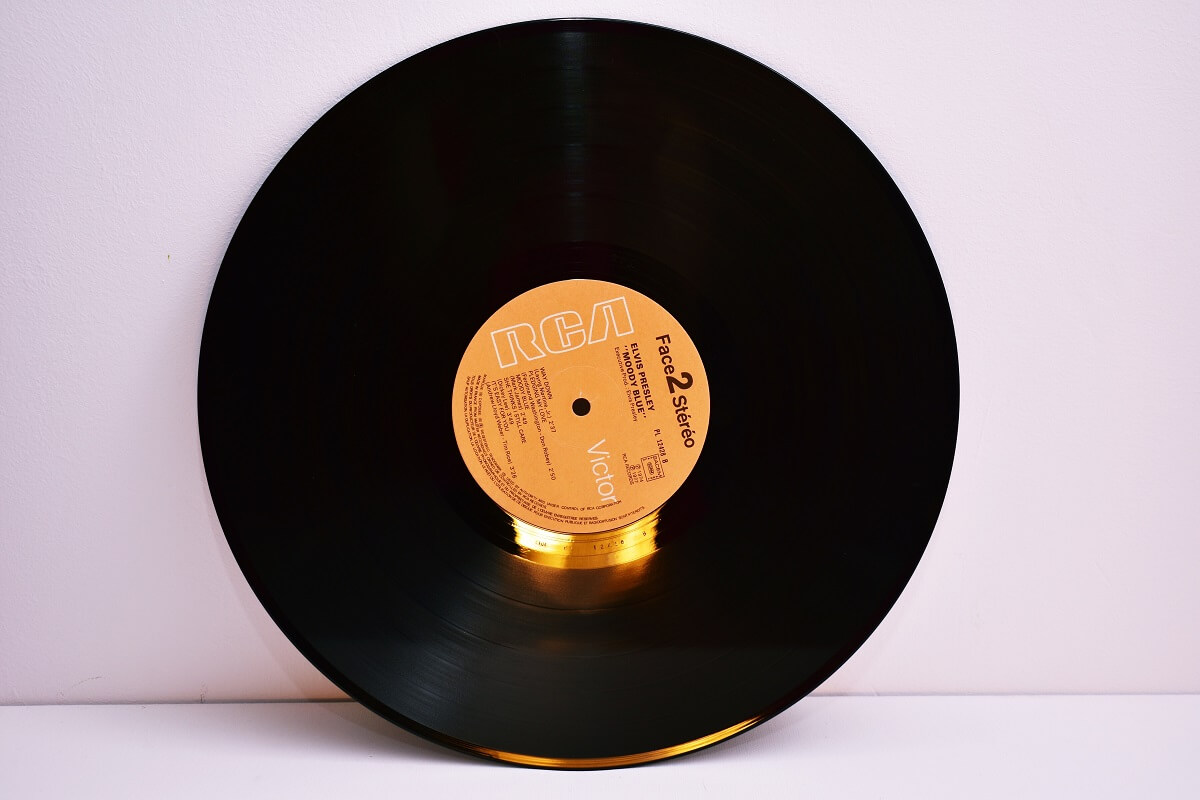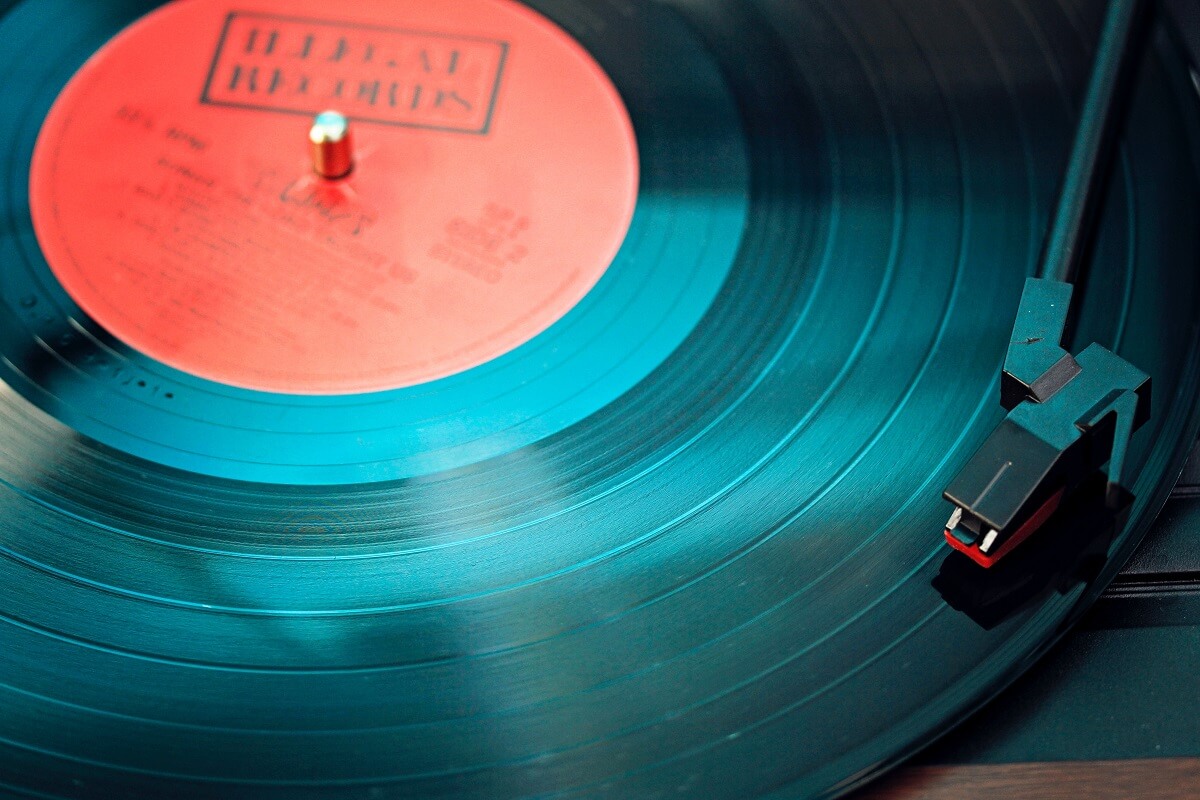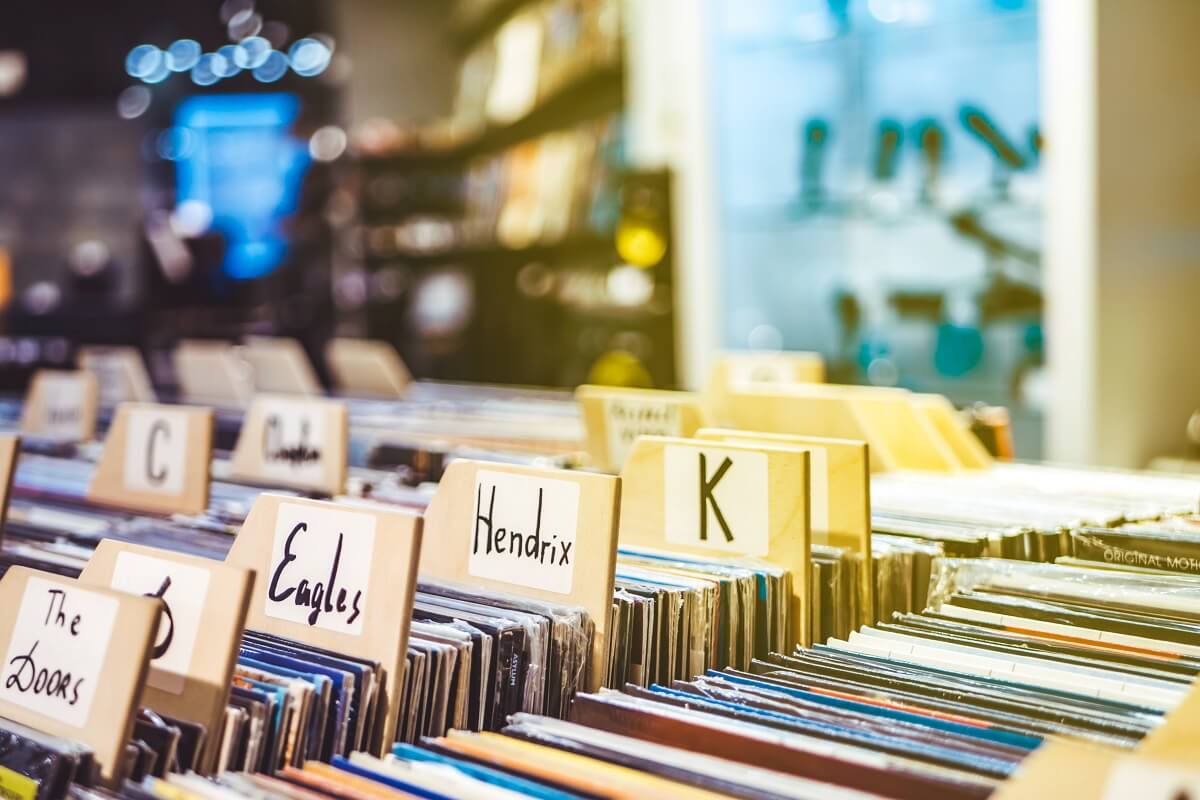- Turntable
- 2200 likes
- 32096 views
180-gram vinyls: their meaning in the current music context
180-gram vinyls represent somewhat of a symbol of the record renaissance. The majority of new reissues of great classics now come in this format. Indeed, this feature is often advertised quite prominently, emphasizing its many benefits.
But is this really the case? In this article we try to understand more about it, establishing whether these media are necessary to make our beloved turntables shine at their best.
What are 180-gram vinyls?
Let's try to get down to a technical level, but without delving too deeply into issues that deserve further investigation.
In principle, vinyl records are pressed through the action of a press that imparts about 120 atmospheres of pressure. The process usually takes less than 30 seconds, at least for lower weight vinyls. In 180-gram records, given the greater thickness of the substrate, the time in which the press acts is longer. In this way, the press remains stationary longer and the record grooves, remaining at high temperature for longer than in other formats, are able to accommodate more information.
During listening, then, the higher weight of the media means that there is more grip on the platter, resulting in a theoretically higher yield.
The 180-gram discs are heavier, so they wear out less quickly than the 100- and 120-gram formats. In addition, stability is greater, and the tendency to warp (perhaps from heat or overuse) is less. Resistance to resonance is also higher than for the other formats.

How many spins does a 180 gr vinyl have?
180 gr vinyls do not have a different number of spins than other formats. In fact, even for this alternative, there are the classic 33 revolutions, or Long Playing (commonly abbreviated to LP).
33 rpm means that, for every minute, the record will make 33 spins on the platter. The same argument applies to 45 RPMs, which are smaller in size and usually dedicated to singles.
True, not all standard-sized records (the big ones, to be clear) are 33 rpm. In some cases they may be 45 rpm. The same is true in the opposite case: some small-sized vinyls are 33 rpm, and not 45 rpm.
Therefore, the number of revolutions and the weight of the medium are not strictly related variables.
The question: are original vinyls or reissues better?
Let's put it this way: is the Mona Lisa on display at the Louvre better or a copy that can be purchased on the Internet? In a sense, asking whether original vinyls or reissues are better can lead to such a rhetorical question.
Generally speaking, original vinyl has an appeal that a reissue - albeit at 180 grams - cannot possibly have. This is why there are fans willing to pay tens of thousands of euros for the first editions of some records, snubbing reissues sold for pennies on the dollar. If you want to have some examples of rare vinyl records paid through the nose, go ahead and read this article.
On the other hand, the reverse is also true. Original editions often cost much less than 180-gram reissues. If you are lucky enough to frequent flea markets or trade shows, you will be well able to verify that sometimes first copies of great classics can be purchased at bargain prices. And very often, the sound quality is to be preferred.
Therefore, we feel like giving some advice on how to navigate between originals and reissues:
- If the record is a great music classic, and the original is available at a lower or slightly higher price than the reissue (and especially is in very good condition), undoubtedly prefer the original;
- If the record is not particularly popular, and the original is available only at an exorbitant price (or which you otherwise judge to be too high in relation to the value you place on the record), buy the reissue.

How to recognize an original vinyl?
180 grams or not, having an original record in one's collection is still a source of satisfaction. But how do you recognize an original record?
There are several methods. Among others:
- The catalog number;
- The matrix number;
- The EAN code on the cover (for albums marketed since 1973).
True, sometimes it may not be so easy to trace, for example, the catalog number. Perhaps because the label that pressed the record now no longer exists, or has been incorporated into a larger entity.
When in doubt, in any case, one can rely on online databases. The best known is certainly Discogs. Just by doing a search directly with the barcode or matrix number you can very often get the desired result. And maybe end up with a collector's item worth thousands of euros in your home...
In the end, do 180-gram vinyls really perform that well?
There are many who believe that 180-gram vinyls are more of a marketing gimmick than a real achievement for audiophiles.
Beyond the nostalgia factor, this is a belief that may also be based on concrete factors. In addition to price, which as seen sometimes works in favor of original reissues, technical variables must also be considered.
A vinyl record made today is produced with machinery that in some cases dates back to the 1990s, before the great downturn in the industry. Thus, it involves equipment with several pressing cycles behind it. Many times, moreover, labels may prefer to print on 180-gram media in order to increase the final selling price, and thus come back from very high production expenses.
The records that are on the market today, then, often have very little analog. Many times the masters are digital, in fact losing that purely artisanal dimension that vinyl sold 40, 50 years ago presented.

HiFi Prestige's turntable offering
180-gram vinyls are fascinating creatures, with their merits and flaws. In the end, what matters is the emotion that listening to them arouses in each of us. The spark can be sparked with an old 100-gram vinyl from 60 years ago, but also with a 180-gram produced by entirely digital processes and purchased at the mall.
And in any case, in addition to the record there is also the turntable to consider. And in this field, we at HiFi Prestige are ready to help all enthusiasts. Browse for our catalog with the best offerings from Denon, Audio Technica, McIntosh and many other brands.